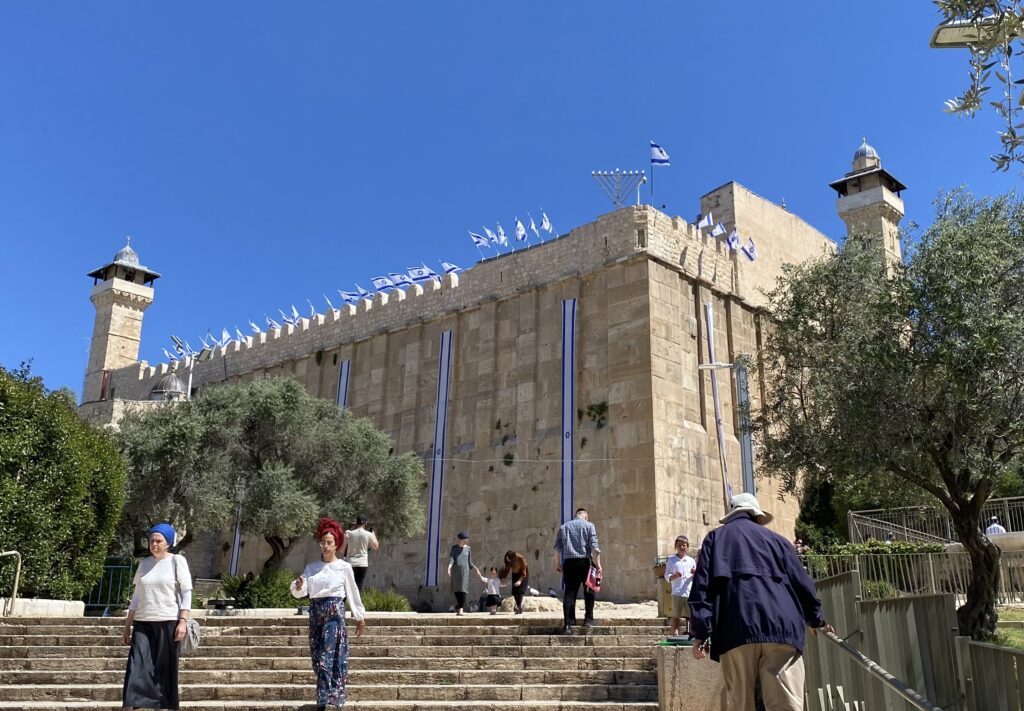Two Extraordinary Weeks in Israel: It’s Complicated
On the first day of our trip to Israel this spring, where we witnessed this small democracy’s celebration of its 75th anniversary, our guide drove us to the Israeli-controlled area of the West Bank to visit the ancient city of Hebron, where the patriarchs, Abraham, Isaac, and Jacob, were laid to rest in a cave 4,000 years ago. The cave lies under a building built by King Herod, the Roman puppet king of what was known as Judea in the first century B.C.
Parts of the West Bank are administered by Palestine, parts by Israel, and parts are under joint administration. We passed many Israeli settlements built on Palestinian land by Palestinian workers who are well-paid for their work.
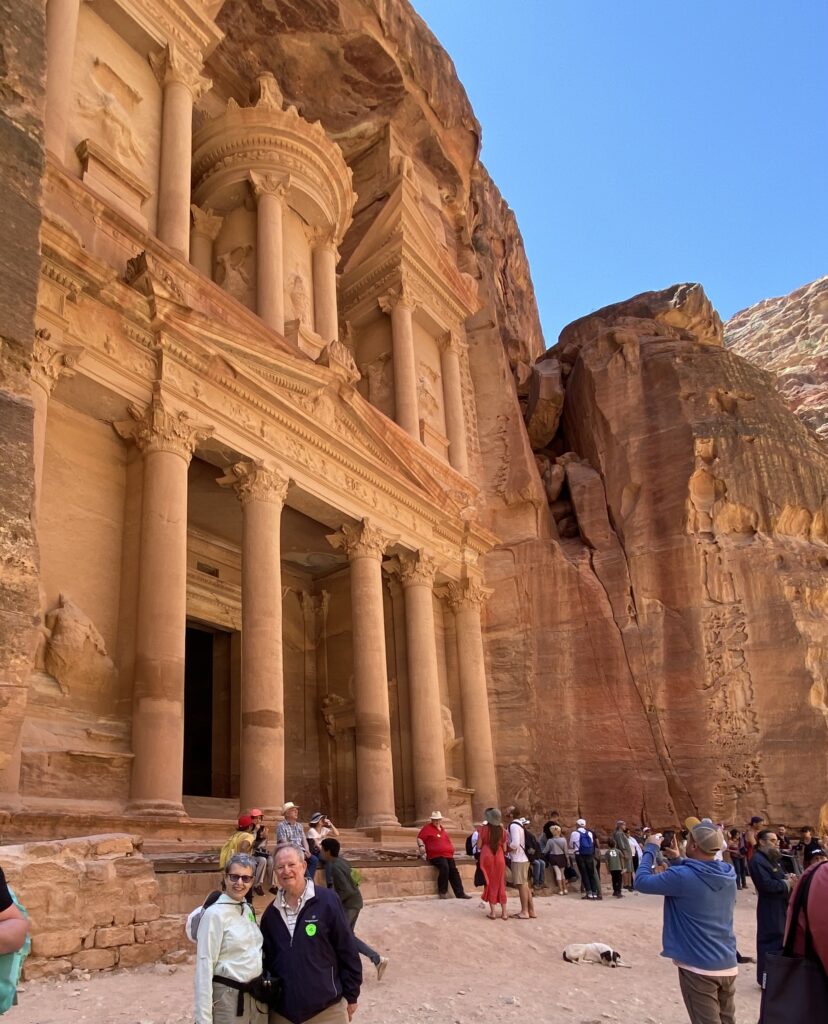
The authors, Cynthia Mackay and Arthur Stampleman, in front of The Treasury (actually a tomb) in Petra.
Hebron itself is divided into Arab and Jewish sections, blocked off by barbed wire, and guarded by Israeli soldiers. Conscription in the military is compulsory for Israelis when they turn 18, although Arab Israelis and the ultra-Orthodox are exempt.
Israeli jets flew in formation over the city for hours to celebrate the 75th anniversary.
The next day we went into the Palestinian-controlled section of the West Bank to visit Bethlehem and Jericho. Our Israeli guide was not allowed to go there, so we had an Arab guide. Seventeen percent of Israel’s population are Arab, and they have the same rights as Jews.
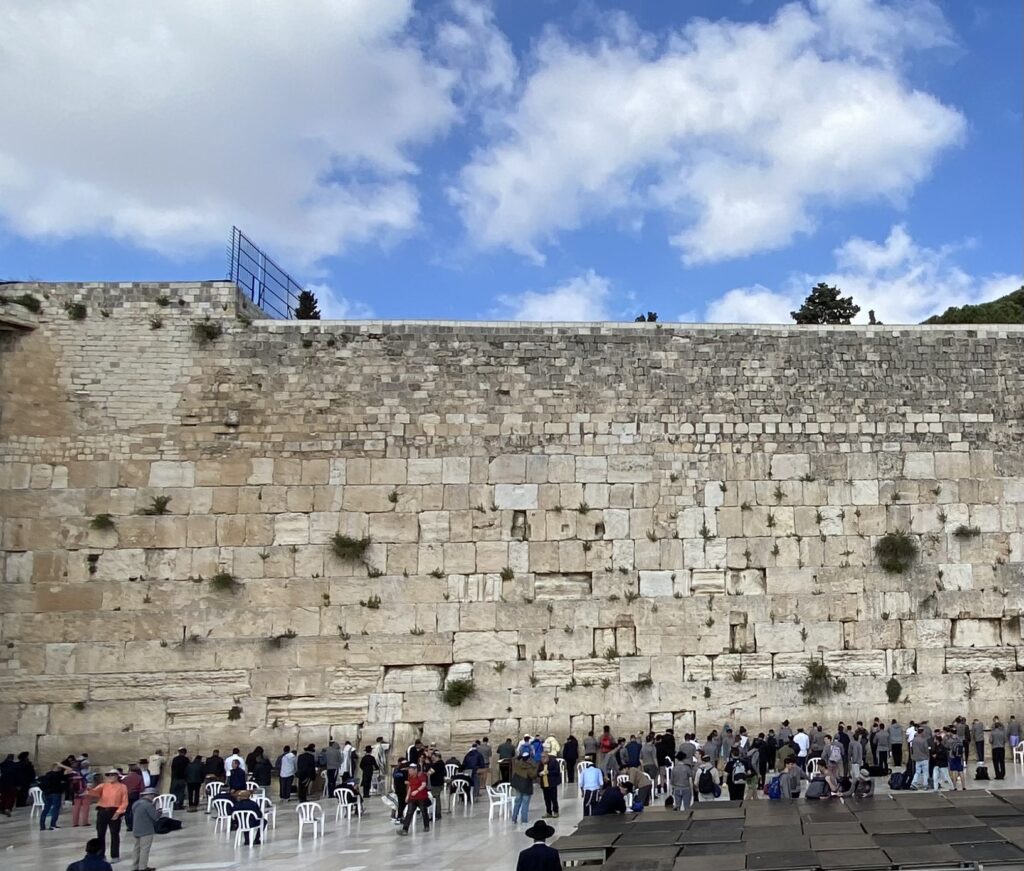
How can an Arab citizen of Israel move freely between Palestinian and Israeli territory? The answer is: Ishmael lived in the 3,000-year-old City of David in East Jerusalem before the 1967 War, when it was part of Jordan, so he has a Jordanian passport. However, because he is Muslim, he could not take us into the Church of the Nativity in Bethlehem; he handed us over to a Christian Arab, who guided us through.
A few days later, we flew south over the Negev Desert to the port of Eilat on the Red Sea to visit the city of Petra, “rose-red city half as old as time” built by the Nabateans in the 3rd century B.C., and things started getting even more complicated.
We took an Israeli taxi to the Yitzhak Rabin border crossing into Jordan. (Rabin, Israel’s fifth prime minister, was assassinated by an Israel ultranationalist in 1995 at a rally celebrating the Oslo Accords.) We were ushered across — an hour-long process — by a facilitator named Ramsey. A Jordanian driver drove us to Petra, and a Bedouin guide, who lived in the Petra caves as a child, took us through the city.
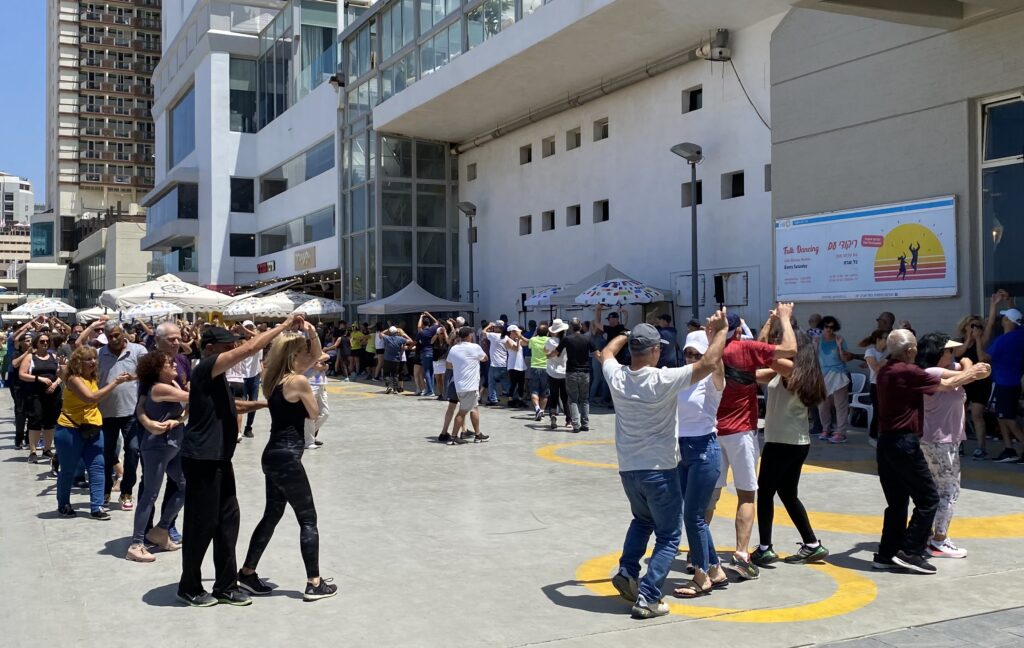
We spent our last day in Tel Aviv. This swinging, tech-savvy, modern European-style city with more than four million inhabitants was a wasteland of swamp and desert a hundred years ago. We strolled up the promenade and enjoyed the show: Squads of surfers riding the waves; folk dancers twirling in the street; dozens of beach volleyball games; a string trio playing Brahms; women sporting postage-stamp-size bikinis; a separate beach for same-sex couples; dogs frolicking on their own separate beach.
Our timing was perfect. Four weeks before we arrived, massive crowds, protesting Benjamin Netanyahu’s plan to reform the Supreme Court, closed Ben-Gurion airport and blocked off major Jerusalem streets. Six days after we left, Islamic Jihad launched 1,200 missiles from the Gaza Strip towards towns in the south and center of Israel. Mortar bombs, planes, and drones flew over Tel Aviv, leaving a trail of smoke and fire, and the Iron Dome air defense system was in full action.
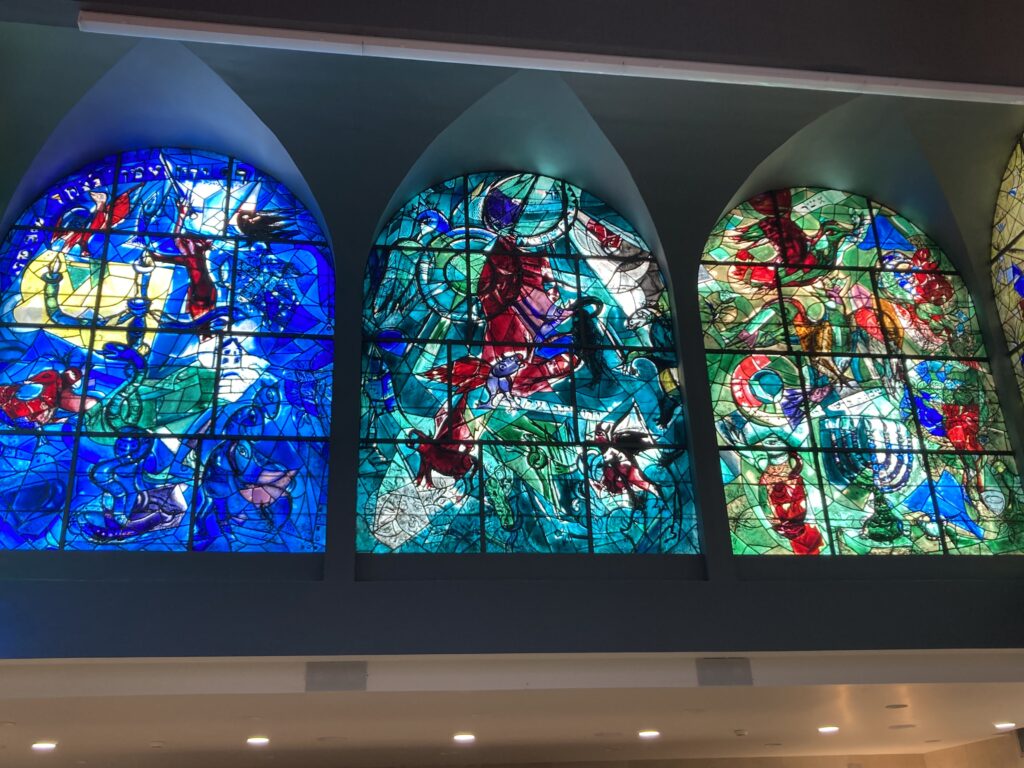
Israel is the only democracy in the Middle East, the only one with values similar to Western nations. Children are everywhere — 28 percent of the population is under the age of 14. It is also the only country in the world where the number of trees is growing, not shrinking. It wins awards for its environmental achievements. Desalination supplies half its water.
This sun-drenched country is a survivor nation. When it declared independence in 1948, its own generals warned it had only a 50-50 chance of survival. One Jewish state, population 10 million, is surrounded by 21 Arab countries, population 423 million. Six of the 22 members of the Arab League — Egypt, Jordan, United Arab Emirates, Bahrain, Sudan, and Morocco — have recognized Israel.
